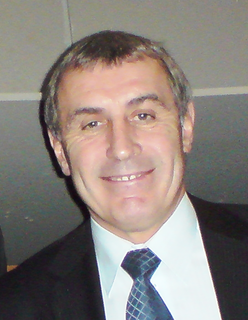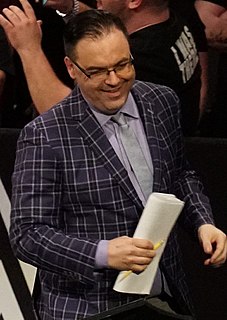A Quote by Emma Corrin
We might take it for granted now, but back in the nineties, who was talking about mental health?
Related Quotes
Now it's of peculiar interest to an Arab country that there is a company and a certain set of bankers who also finance the World Federation of Mental Health. ...and we see that although the KGB and so forth seems to be associated with the World Federation of Mental Health, their other organization in action seems to go back to Jewish Bankers.
I support defunding the police - particularly the militarization of our police force and reallocating those resources toward public health. And not just health care but mental health support, affordable housing, education, alternatives to incarceration, non-emergency responses to those who might be in mental distress.
Mental strength is not the same as mental health. Just like someone with diabetes could still be physically strong, someone with depression can still be mentally strong. Many people with mental health issues are incredibly mentally strong. Anyone can make choices to build mental strength, regardless of whether they have a mental health issue.
































